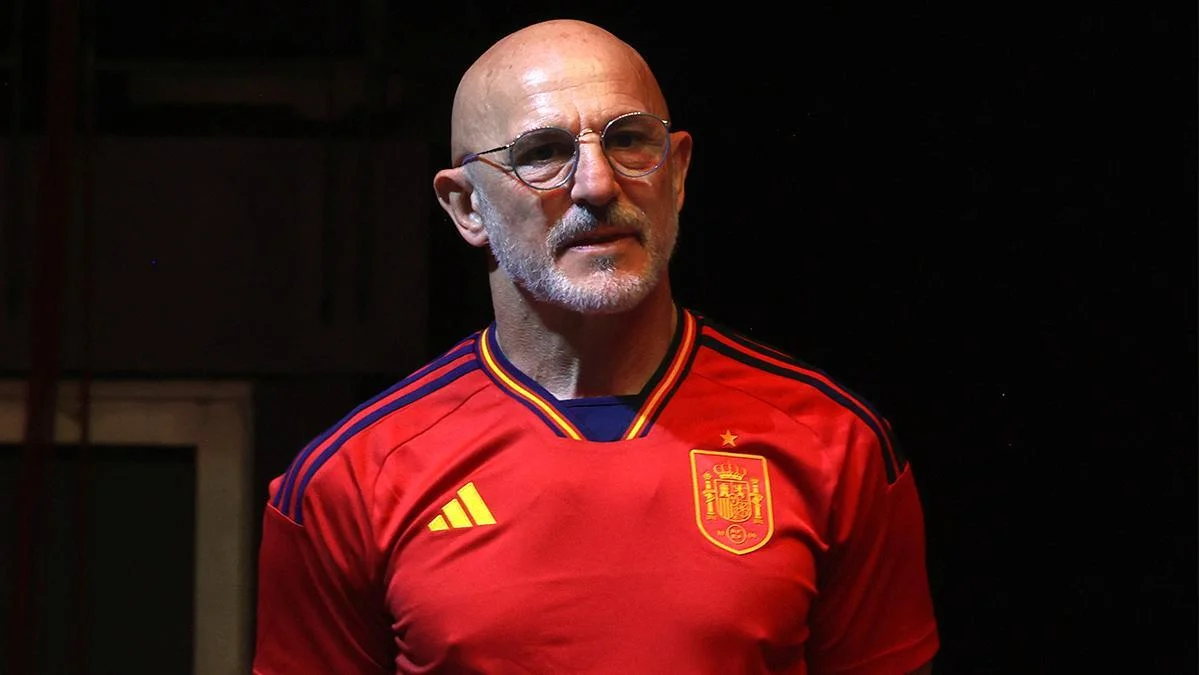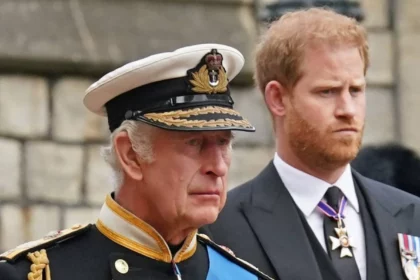Spain men’s coach, Luis de la Fuente, found himself at the center of controversy when he issued an apology for applauding the statement made by the president of the Spanish football federation, Luis Rubiales. The statement, in which Rubiales declared that he would not step down from his position, had triggered outrage and protests. De la Fuente’s unexpected endorsement of this statement raised eyebrows and led to intense scrutiny.
De la Fuente’s apology, delivered during a press conference, was unequivocal. He acknowledged his mistake and deemed it “inexcusable.” This public admission of error was a rare moment of vulnerability for the seasoned coach, known for his poise and composure on and off the field.
The controversy that embroiled Rubiales and, by extension, De la Fuente, began when Rubiales forcibly kissed Spain midfielder Hermoso during the Women’s World Cup medal ceremony held in Sydney on August 20. This act of apparent misconduct sparked international condemnation and ignited discussions about consent and boundaries in the world of sports.
As the president of the Spanish football federation, Rubiales was under mounting pressure to resign. However, in a defiant speech during an emergency meeting, he not only refused to step down but also criticized what he referred to as “false feminism.” It was during this speech that De la Fuente applauded, a move that immediately drew criticism and further complicated an already contentious situation.
The dispute escalated when Rubiales asserted that the kiss was consensual, while Hermoso maintained that she felt like the “victim of an assault.” FIFA, the global governing body of football, intervened by provisionally suspending Rubiales for 90 days, pending an investigation.
De la Fuente responded by releasing a statement condemning Rubiales’ behavior, aligning himself with those calling for accountability. However, his subsequent applause of Rubiales’ speech created confusion and led to calls for his own resignation from various quarters, including Spain’s second deputy prime minister, Yolanda Diaz.
In his public apology, De la Fuente expressed deep regret for his actions, acknowledging that he had made an error that deserved the criticism it had received. He revealed that he had entered the aforementioned meeting with the expectation of witnessing Rubiales’ resignation, only to be taken aback by the president’s defiant stance. De la Fuente cited emotional stress as a contributing factor to his reaction, admitting that he had lost control of his emotions during the moment.
Despite the controversy, the interim RFEF president, Pedro Rocha, confirmed that Luis de la Fuente would remain in his role. Rocha also indicated plans to meet with Jorge Vilda, the coach of Spain’s women’s team, amidst reports of potential changes in that team’s leadership.
The fallout from this incident has extended beyond the realm of football, with over 80 players from the women’s team going on strike in protest, and Real Betis striker Borja Iglesias declaring that he would not play for the men’s team.
De la Fuente’s apology serves as a reminder of the complexities surrounding the intersection of sports, gender dynamics, and public accountability. It also underscores the need for individuals in positions of influence to carefully consider their actions and statements in the face of contentious issues. The resolution of this controversy remains uncertain, but it has cast a spotlight on the evolving landscape of sports and the challenges faced by athletes, coaches, and administrators in an era of heightened awareness and scrutiny.




